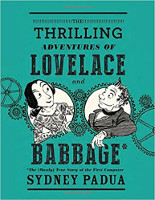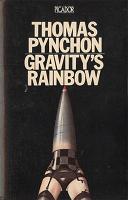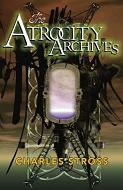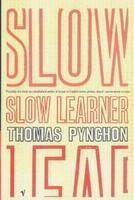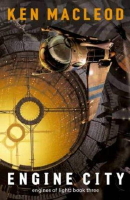 Engine City is the final installment in the Engines of Light Trilogy by Ken McLeod.
Engine City is the final installment in the Engines of Light Trilogy by Ken McLeod.
Here is a story with major drive, lots of surprises, full of unexpected twists, and with great wisecracks and one-liners by some characters.
Nearly too much for one book here, but how do you end such a yarn and tie up at least most of the open threads if not by burning off a firework of ideas and events? A great book, ending a great trilogy, in conclusion.
Readers beware -
This is the final book in the ‘Engines of Light’ Trilogy, so be warned – this will contain spoilers, at least for the previous two books. If you’re intending to read the trilogy (and it’s well worth doing so, recommendation!) then stop reading now.
Still with me? Ok, here we go…
Gregor, Elizabeth, and Salasso, now a few years older, make contact with a new, humanoid (and, like all species in the Second Sphere, Earth-descended) species, semi aquatic, which they call the ‘Selkies’. They prove to be highly intelligent, and in contact with the Spiders, or, as they call themselves, the Mulipliers; and so we now see the 2nd contact (first one was one Earth, ages ago) between Humans and the Multipliers. They prove to be a fascinating race, not just for ‘uplifting’ the Saurs ages ago, and for providing them with the Skiffs and the Lightspeed drive (their technology is on roughly the same level as the Saur/Human one, but much more refined), but also for their genetic memory, and for their ability to feel and manipulate molecules and atoms directly by using their, er, manipulators (8 legs, with eight hands, with eight fingers, with eight… down to molecular level). They can create everything directly, given the raw materials.
But the exciting news is that they are not hostile, not the least; they want to join the ‘Bright Star People’, who are spreading out from Mingulay following the Cosmonaut’s re-discovery of the Lightspeed drive.
Our three protagonists run ahead of the expansion sphere, to Nova Babylonia, under the suspicion that Volkov might have been up to his usual tricks, ie start a revolution, and build a space defence network against the invading Spiders, as told by the Gods. Which, of course, he has…
So when they reach New Babylon (note the change in name) they find a post-revolutionary society, with the (murdered/executed) Volkov a Hero of the People; but also a police state, with secret societies and organizations, and espionage being rife. The entire place is on the brink of war with neighbouring city-states – yes, the planet has caught Nationalism.
The book starts with a historical overview – less the last two books than the history of the various races involved, the Gods, the repeated ‘uplifting’ of promising species, and the establishment of the 2nd sphere and associated politics, this would have been helpful at the beginning of the first book, of course, but I see why Ken didn’t provide it then, it would have spoiled some of his plotting…
This book has a huge drive, much more than the middle book in the Trilogy (how typical). The story is full of surprised, with bombshells (figuratively) dropping fast and often. It also is frequently misleading, sending you off on wrong trains of though before presenting an unexpected twist.
Another thing which sets it apart from the first two books is that it’s frequently hilarious, especially Matt Cairns gets some great lines that had me laugh out loud. It pokes fun a ufologists, conspiracy theories, a lot of contemporary SF, and MIB (very, very funny again).
On the downside I feel that the book tries to do a bit too much for one book of that size, some strands go unexplored, and there are some abrupt shortcuts where topics could have been explored and explained, or where parts could have done with more work and details for my taste. I guess the main reason is that Ken wanted to close the story arc, and, having seen the 2nd book and it’s much lower pace/drive, I appreciate that he had the guts to wrap up most of the open thread in one, energetic effort instead of dragging the story out over another few books.
One of the changes which stems from this is that there is significantly less political discussion and discourse, if that’s a good or bad thing depends on how much you enjoy this kind of thing in the beginning (I didn’t mind overly). What you get are the consequences, ever more clearly spelled out than in the earlier books. And, despite of what we know about the Author’s political leanings, it isn’t all that clear where (or with which character’s approach) his sympathies lie – a lot of points seem to be ambivalent, or in-jokes.
I can strongly recommend the book, which I think can be read on its own without a huge loss of enjoyment due to lack of background; but the entire series is well worth reading, so start with the first book, they are quick and engrossing reads, and you will enjoy yourself with one of the current stars of UK SF!
Title: Engine City
Series: Engines of Light
Series Number: 3, final
Author: Ken McLeod
Reviewer: Markus
Reviewer URL: http://skating.thierstein.net
Publisher: TOR
Publisher URL: http://www.tor.com
Publication Date: 2003
Review Date: 19 August 2007
ISBN: 0765344211
Price: UKP 6.99
Pages: 288
Format: Paperbac
Topic: SF
Topic: Space Opera


